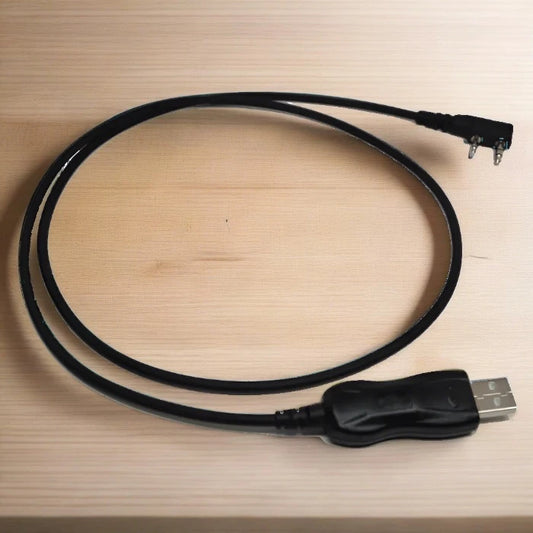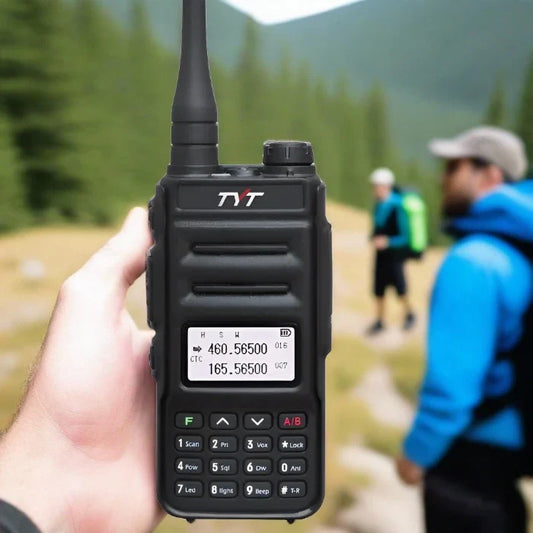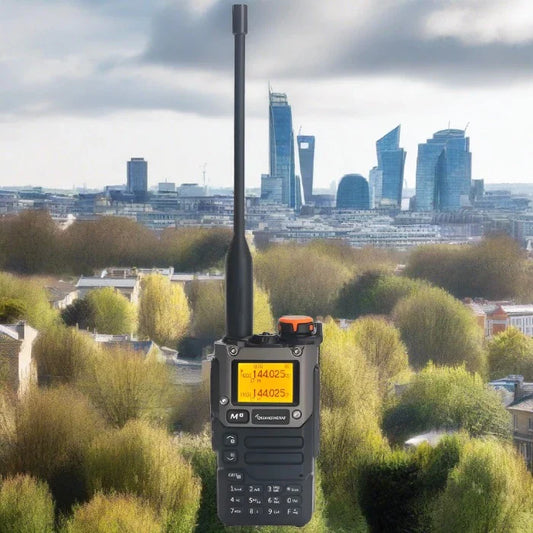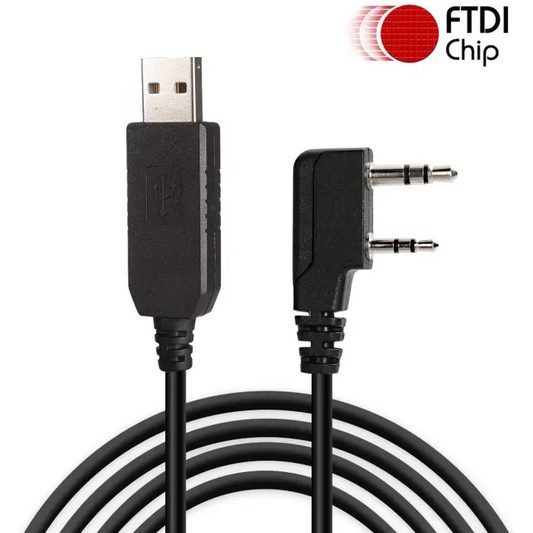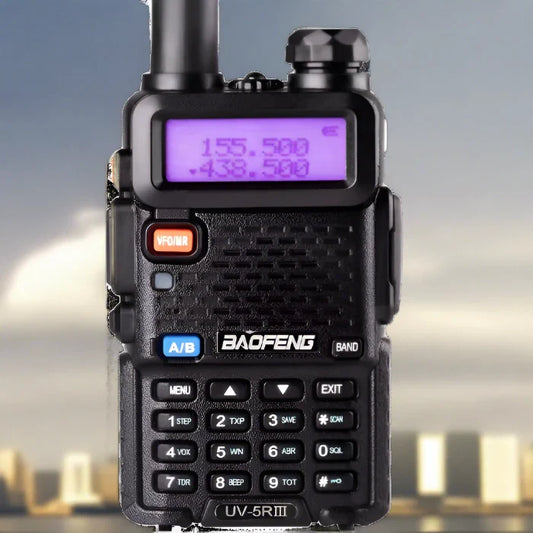In a world where technology has revolutionized the way we play games, there's a hidden gem that combines a timeless strategy game with a centuries-old mode of communication. Playing chess over amateur radio is a fascinating and intellectually engaging pursuit that bridges the realms of chess mastery and radio communication. In this blog post, we'll explore this unique fusion of pastime and hobby, delving into the world of chess enthusiasts who have found a new dimension in their game.
The Chess Radio Connection
Chess is a game that transcends borders and generations. It's a game of strategy, critical thinking, and endless possibilities, much like the world of amateur radio. When these two worlds collide, a captivating experience unfolds. Here's how it works:
1. Amateur Radio and Chess Unite: Amateur radio enthusiasts, also known as "hams," use their radio equipment to connect with one another. They can also use this equipment to transmit and receive chess moves, turning their radios into unconventional chessboards.
2. Communication Protocol: In chess over amateur radio, a specific protocol is followed for transmitting moves. This typically involves using standardized chess notation, such as algebraic notation. Each move is communicated clearly, ensuring there's no ambiguity.
3. Frequency and Call Signs: Players agree on a specific amateur radio frequency or band for their games. Just like in traditional amateur radio communication, they use their call signs to identify themselves during the game.
4. Message Handling: Moves are transmitted using various communication modes like Morse code, voice communication, or digital modes, depending on the players' preferences and equipment capabilities.
5. Slow, Thoughtful Play: The pace of chess played over amateur radio is deliberately slow. This allows players to carefully consider their moves and make thoughtful, strategic decisions.
6. Coordination and Documentation: Both players must maintain accurate records of the game, including each move, the time taken for each move, and any relevant game details to ensure a smooth and fair game.
Why Play Chess Over Amateur Radio?
Playing chess over amateur radio offers a unique experience that sets it apart from traditional chess play. Here are some of the reasons why enthusiasts are drawn to this unique fusion of hobbies:
1. Intellectual Challenge: Chess, known for its complexity and strategic depth, combined with the skill of effective radio communication, presents a profound intellectual challenge.
2. Global Connections: Amateur radio has the power to connect individuals across vast distances, allowing chess enthusiasts to engage in games with opponents from around the world.
3. Technology and Tradition: It merges modern technology with the timeless tradition of chess, creating an exciting juxtaposition of the old and the new.
4. Slower Pace: Unlike fast-paced online chess, chess over amateur radio offers a leisurely pace that caters to those who savor a more contemplative approach to the game.
5. Sense of Community: The amalgamation of two passionate communities, chess players, and amateur radio operators, creates a unique sense of camaraderie.
Getting Started with Chess Over Amateur Radio
If you're intrigued by the idea of playing chess over amateur radio, here are some steps to get started:
-
Amateur Radio License: If you're not already an amateur radio operator, you'll need to obtain an amateur radio license. This involves passing an exam and adhering to the regulations of your country's licensing authority.
-
Equipment: Acquire the necessary amateur radio equipment, including a transceiver and antenna. Ensure it's capable of transmitting and receiving on the desired frequency bands.
-
Coordinate with Opponents: Find fellow enthusiasts or friends who are also interested in playing chess over amateur radio. Agree on frequency, protocol, and timing for your games.
-
Safety Precautions: When operating your amateur radio equipment, always adhere to safety and licensing regulations to ensure a secure and legal experience.
-
Practice and Patience: Like any hobby, playing chess over amateur radio may take some practice. Patience is key, and it may take time to adapt to the unique style of communication.
In a world where technology often speeds up our lives, playing chess over amateur radio offers a refreshing, contemplative experience that connects people through the art of radio communication and the beauty of chess strategy. It's a reminder that, amidst the fast-paced modern world, we can still find moments of intellectual serenity in the convergence of the old and the new. So, if you're a chess enthusiast or an aspiring ham radio operator, consider embarking on this remarkable journey where strategy and signals harmonize in perfect balance.





